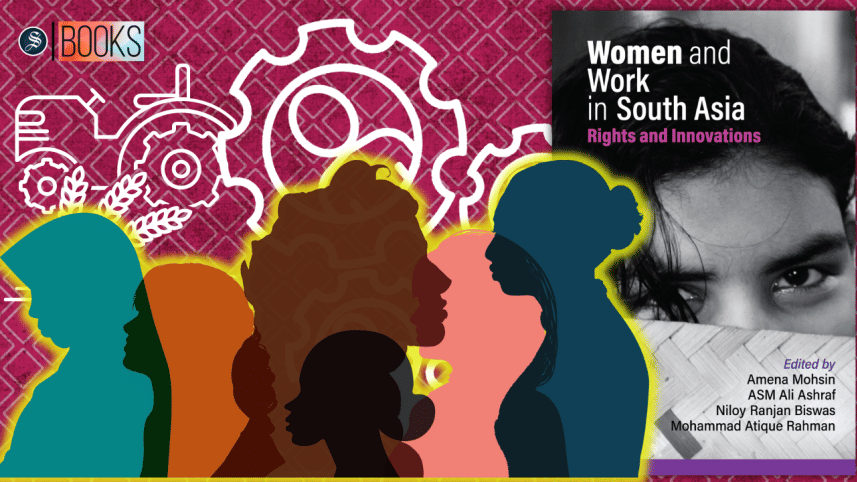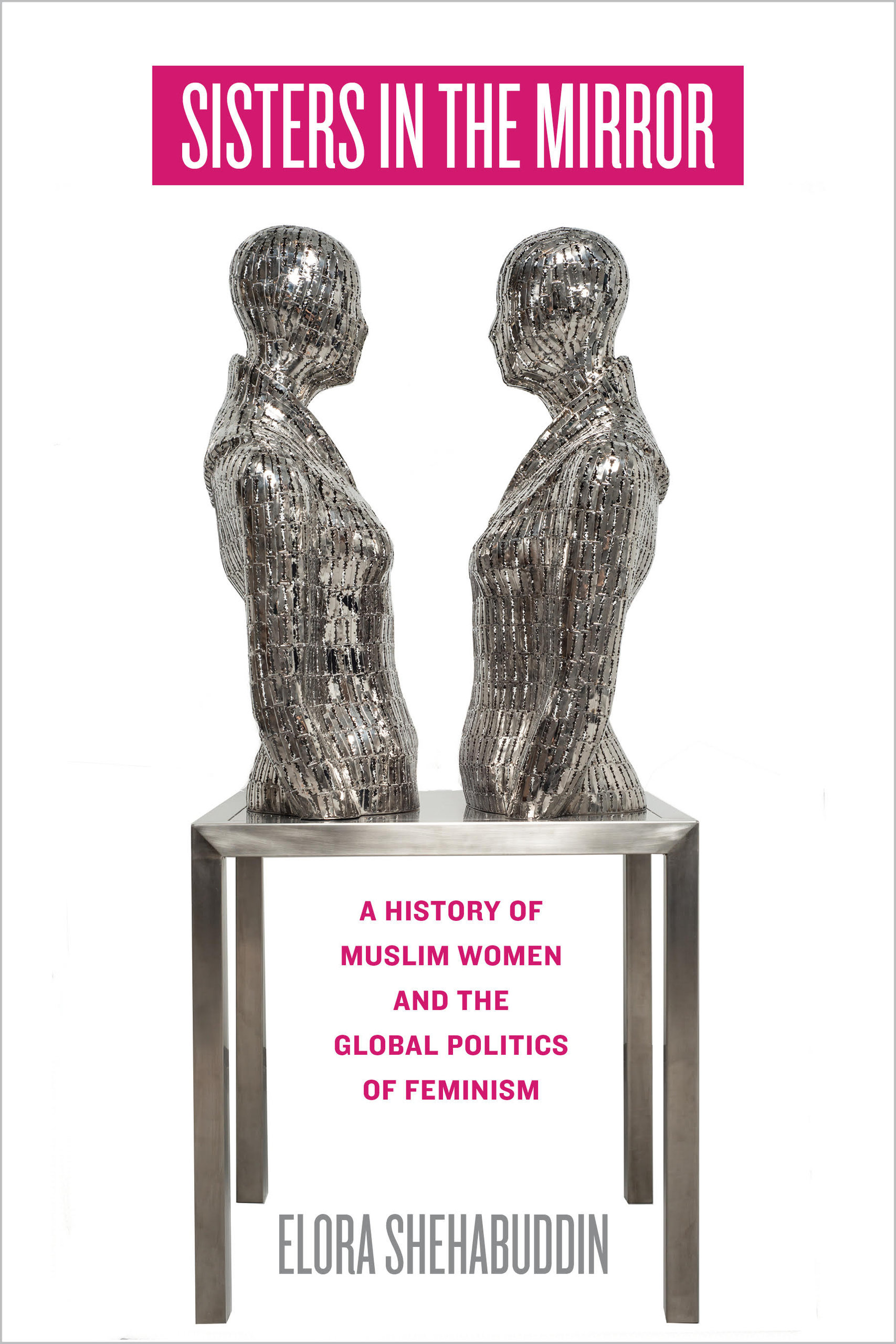'Women and Work in South Asia' explores feminism through a South Asian lens

Women and Work in South Asia: Rights and Innovation (UPL, 2022), edited by Amena Mohsin, ASM Ali Ashraf, Niloy Ranjan Biswas, and Mohammad Atique Rahman, is a fascinating read from the standpoint of critical feminist theory in the global south. The strength of the work lies in its carefully selected subject matter and the well-crafted empirical meat that the contributors bring to the volume. The gamut of issues covered ranges from politics of care and trafficking of women to the plights of migrant labour women both in rural and urban spaces across South Asia. What is more interesting is how the editors juxtapose this in a comparative frame through the reading of colonial/postcolonial South Asia, and show how modernisation and industrialisation were different in the region. This, in many ways, is the first comprehensive analysis of women and work in South Asia, and is of immense value to scholars and practitioners interested in a textured analysis of feminist politics in South Asia.
The book underlines the need to rethink the epistemic frames of feminist theory "differently" in South Asia. The work critically engages with the ideas of women and work, voice, agency, power, and more importantly, the blurring of lines between the public and the private. In many ways, the reading of this book brought alive to me the writings of Henri Lefebvre and George Perec, on space, scales, and the everyday. But what this book does differently is that it speaks to theory with hands deep down in the field, which is rare in the world of desktop research and parachuting academics.
It is interesting how each chapter transcends and jumps scales through the reading of 'work', which are personal yet political, local yet national, regional and yet international. The chapters offer sharp insights on the inscriptions of 'work' on body and sexuality, which provide a quick peep into the capillaries of power, and questions of agency and voice in South Asia.
It is important to underline why ideas of scales and jumping of scales are so pertinent from the standpoint of South Asia. The rich textures of empirical analysis offered by the contributors of this volume push the margins of feminist thinking on scales that emanate from the Global North. For instance, I was quite intrigued by Ilira Dewan's chapter on indigenous women, with a focus on the Chittagong hill tribes. I think when we are thinking about scales and social reproduction of spaces, Ilira very succinctly teases out the idea of "difference" in her engagement with the category of women itself. The distinction she highlights between Bengali women and indigenous women is particularly noted, as in the context of South Asia, gender is mediated by intersectional filters.
Anasua Basu Ray Chaudhary's chapter on the trafficking of women, with a focus on India, Bangladesh, and Nepal, teases out the differences in the lived experiences of the Adivasi, Dalit, and other marginalised women. The more pertinent question it provokes the reader to ask is how the social reproduction of space is hinged on the politics of body, labour, and capital.
Secondly, on the idea of space, through a very careful reading of the public and private sphere, the empirical analysis put forth in each of the chapters very clearly problematises the western idea of 'space' that fits into scalar hierarchies—like body, community of nation, and so forth. For instance, Meghna Guhathakurta's chapter emphases on the shift from subsistence based agricultural economy to cash based agricultural economy. It demonstrates the politics of the social constitution of spaces, marked by differing power hierarchies in terms of sexuality, labour, capital, and power.
What I found fascinating is a running thread across chapters—the emphasis on the mundane, the everyday, or what George Perec would call the 'Infraordinary'—so clearly articulated by Bindu Pokharel, Saba Gul Khattak, and Paula Banerjee. Last but not the least, through the entry point of women, work, and agency, the book provides a much needed alternative conceptualisation of South Asia embedded in the idea of networks and its attempts to feature women in the civilisational chain.
The book is a must read not just for scholars and practitioners of gender and politics, but anyone interested in seeing the global, through the realm of the local.
Dr Shweta Singh is Associate Professor at the Department of International Relations, Faculty of Social Science, South Asian University, New Delhi.



 For all latest news, follow The Daily Star's Google News channel.
For all latest news, follow The Daily Star's Google News channel. 


Comments